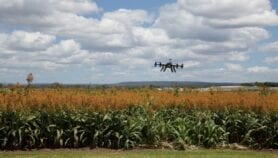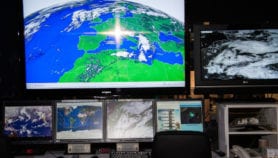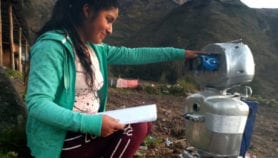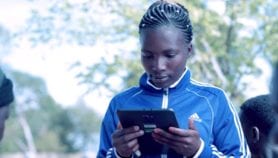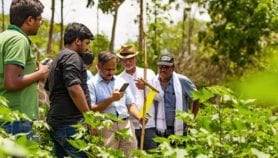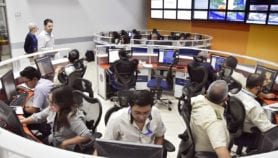By: Charles Mkoka
Send to a friend
The details you provide on this page will not be used to send unsolicited email, and will not be sold to a 3rd party. See privacy policy.
[LILONGWE] Malawi, Mozambique and Tanzania are set to benefit from affordable communications services following a US$151 million funding boost from the World Bank.
The sum marks the third phase of the Africa Regional Communications Infrastructure Program (RCIP 3), which aims to connect eastern and southern Africa to reliable and high-capacity communication services.
Since the project started in 2007, US$424 million has been injected into communications infrastructure for the region and, under RCIP 3, Malawi, Mozambique and Tanzania will receive US$20 million, US$31 million and US$100 million respectively.
The region is the only one not fully connected to the world’s broadband infrastructure, and has the lowest number of telephone and Internet users, as well as high tariffs.
About 200 million people are dependent on expensive satellite connectivity. As a result, an international call costs about 10–20 times more than in developed countries and Internet access is about 40 times more costly than in the United States.
For Malawi, the primary objective of RCIP 3 is to solve these problems by providing high-speed communications access to undersea cables running along the coast of eastern Africa. The project will also help the government to provide information and communications technology (ICT) services for public institutions and technical assistance to support the development of the ICT sector as a whole.
Malawi’s parliament is expected to debate the project and give approval before it is given the green light, Jimmy Lipunga, chief executive of the Privatisation Commission in Malawi, told the local press after the announcement. "The project will offer high speed broadband and cheap Internet access by reducing existing tariffs by 80–90 per cent," he said.
Sloans Chimatiro, an official at the New Partnership for Africa’s Development (NEPAD), told SciDev.Net that the agency’s e-Africa Commission is involved in the programme. He noted that the beneficiary countries would have to construct terrestrial underground lines that connect to the undersea coastal cables.
Seacom, the first undersea cable along the eastern seaboard of Africa went live last week (24 July). The 17,000 kilometre fibre-optic cable took two years to lay and was due to be launched in June but was delayed by pirate activity off the coast of Somalia.
The RCIP 3 funding was announced by the World Bank in June.




